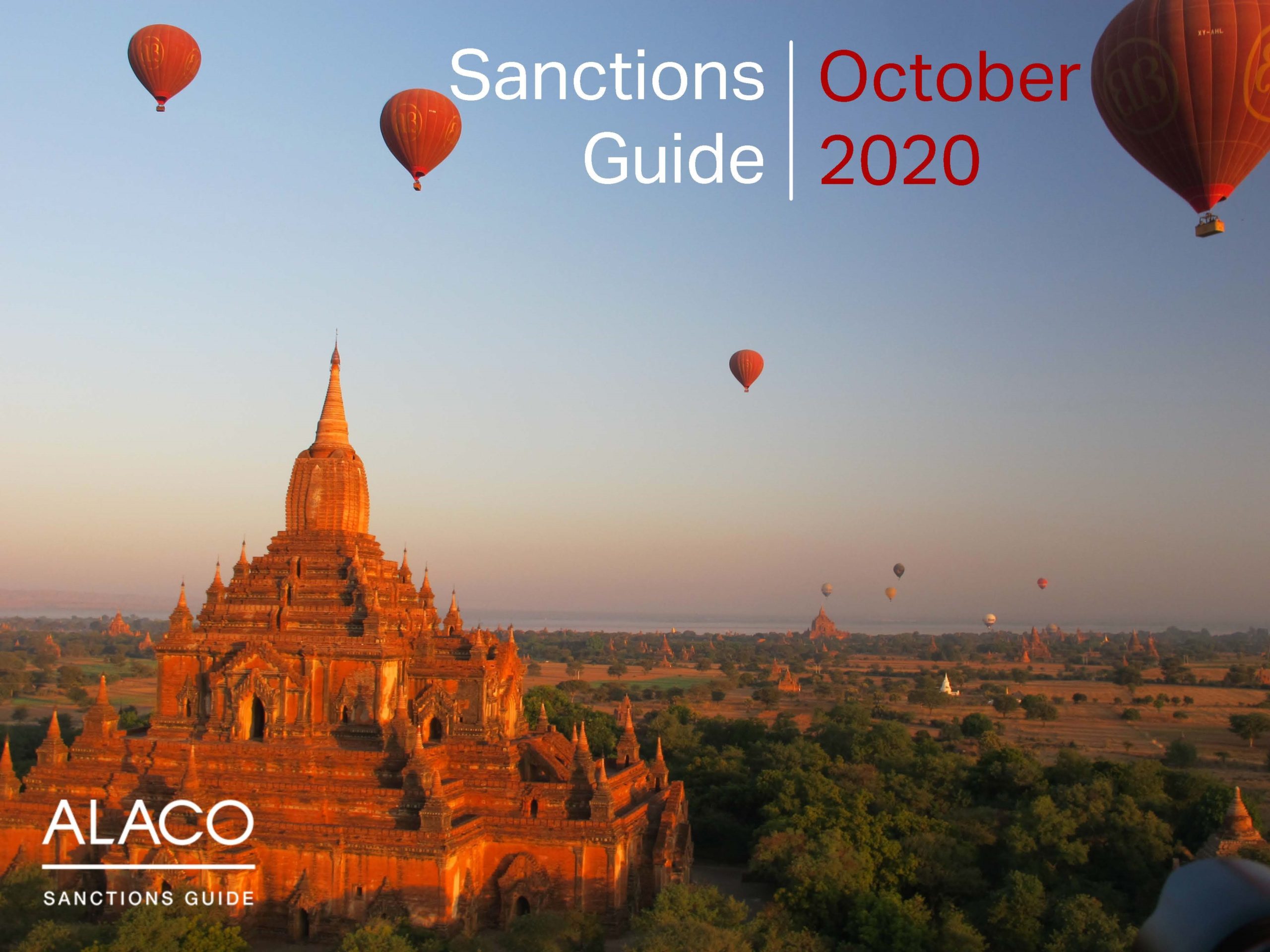Key sanctions developments include the UK and Canada’s imposition of measures on Belarus following an allegedly rigged election and post-ballot violence; a row between the EU and Turkey over the sanctioning of Turkish company for allegedly breaking the UN’s arm embargo on Libya; and the US decision to double down on measures against Hezbollah in Lebanon.
- Canada and the UK have followed Belarus’s Baltic neighbours in sanctioning the Minsk regime for allegedly rigging recent presidential elections and waging a post-election crackdown on protesters. The travel bans and asset freezes targeting President Alexander Lukashenko, his son and senior officials come amid the European Union’s failure to agree on its own sanctions measures.
- The bloc had drawn up a list of 40 Belarusian officials, not including Lukashenko, that would face asset freezes and travel bans. But the move has been blocked by Cyprus, which will only agree to the measures on condition the EU sanctions Turkey over energy exploration in contested parts of the eastern Mediterranean. Latvia, Estonia and Lithuania imposed their own travel bans on Lukashenko and several officials at the end of August.
- The latest round of US sanctions against Iran prompted a rare Iranian admission about the impact of American measures on the country’s economy. Accusing the US of “savagery”, President Hassan Rouhani said sanctions had inflicted $150 billion worth of damage on the Iranian economy. His claim followed new US penalties targeting Iran’s defence ministry, nuclear and weapons programme and alleged Iranian human rights violators.
- Iranian responses to US sanctions have in the past emphasised the country’s resilience. The Oil Minister Bijan Zanganeh revealed recently that Tehran was circumventing sanctions by forging documents passing off its oil as non-Iranian crude. Reuters reports that tanker tracking intelligence shows that Iranian oil exports rose sharply in September.
- The US has granted Iraq a 60-day Iran sanctions waiver enabling it to continue buying Iranian gas for electricity generation. The imports make up just under a third of the gas used to power Iraq’s electricity plants. The exemption is intended to give Baghdad the opportunity to lessen its energy dependence on Tehran by building up its own gas-production capacity, developing power generation facilities and expanding electricity transmission infrastructure. The 60-day exemption is half the length of the previous waiver, reportedly reflecting Washington’s unease over Baghdad’s apparent inability to rein in militia groups suspected of responsibility for a spike in attacks against American interests in Iraq.
- Washington’s ongoing attempt to squeeze President Assad’s source of revenue in order to force him to negotiate an end to Syria’s civil war has seen the blacklisting of six senior figures and 11 entities linked to the Damascus regime. Among those sanctioned by the US are the head of the Syrian General Intelligence Directorate, the Governor of Syria’s Central Bank and businesses that Washington believes generate funds for Assad’s government and its backers. The UN Commission of Enquiry on Syria has said it has reasonable grounds to believe that the Syrian government continues to perpetrate crimes against humanity, including enforced disappearance, murder, torture, sexual violence and imprisonment.
- The US has stepped up its campaign against Hezbollah by blacklisting two former Lebanese ministers it accuses of corruptly aiding the group. The ex-officials, Ali Hassan Khalil and Yusuf Finyanus, who stood down from their posts earlier this year, are alleged to have “directed political and economic favours” to Hezbollah. While neither are members of the group, their respective parties are among its parliamentary allies. Both men have denied the accusations. Khalil’s Shia party, Amal, said the move by the US was comparable to “targeting Lebanon and its sovereignty”.
- A decision by the EU to sanction a Turkish company for allegedly breaking the arms embargo on Libya has drawn an angry response from Ankara. Turkey, along with Qatar, backs the UN-recognised government in Tripoli in its conflict with rebel commander Khalifa Haftar, who is supported by the UAE, Egypt and Russia. The Turkish authorities accused the EU maritime monitoring mission policing the embargo of ignoring weapons shipments to Haftar’s forces, which are mostly supplied by land and air. The EU also sanctioned two companies from Kazakhstan and Jordan for allegedly breaching the arms ban.
- The bloc’s move came as AP, citing UN diplomatic sources, reported that Russia and its ally China had blocked the release of an interim UN report that accused both sides in the conflict and their international sponsors – including Russia – of violating the arms embargo. The report, which AP said it had seen, said that the embargo remains “totally ineffective”. Meanwhile, the acting UN envoy to Libya, Stephanie Williams, proposed that sanctions be imposed on anyone who attempts to undermine October talks in Geneva aimed at negotiating a unity government in the country.
- Doubts have been raised over plans to lift regional sanctions against Mali following a military coup in August which toppled President Ibrahim Boubacar Keita. The Economic Community of West African States (ECOWAS) had said it would lift its sanctions once a civilian leadership was in place, but then softened its demands. It agreed to the removal of the measures, which have caused imports to fall by 30 per cent, as long as a civilian premier is named.
- The condition was fulfilled with the appointment of former foreign minister, Moctar Ouane, as Prime Minister, after retired colonel Bah Ndaw and coup leader Colonel Assimi Goita were sworn in as President and Vice-President, respectively. The three are tasked with steering a transition to civilian rule over the next 18 months. The ECOWAS envoy to Mali, ex-Nigerian president Goodluck Jonathan, has now said that sanctions will not be lifted until the authorities meet ECOWAS’ original demand that a civilian is appointed Vice President.
- North Korea “far exceeded” international sanctions restrictions on imports of refined petroleum products this year, a new UN report reveals. China and Russia dismissed the findings, which also revealed continued illicit maritime exports of coal and a violation of a ban on North Korean nationals working overseas. The UN said only about 40 nations had submitted reports on efforts to repatriate citizens of North Korea. A UN deadline for doing so passed in December.
- In a new move in its campaign against the International Criminal Court (ICC), the US has sanctioned the court’s Chief Prosecutor, Fatou Bensouda, claiming that the ICC “continues to target Americans” and charging her with “materially assisting” the alleged policy. Measures were also imposed on the court’s Director of Jurisdiction, Complementarity and Cooperation, Phakiso Mochochoko. The ICC’s decision to open an inquiry into war crimes committed in Afghanistan prompted US sanctions in June against ICC officials involved in probing Americans.
- Fresh evidence of the severe impact of sanctions on the Venezuelan economy has emerged, with President Nicolas Maduro blaming a 99 per cent plunge in foreign currency revenues since 2014 on the drop in the oil price and restrictions on oil exports, which generate most of the country’s forex earnings. Maduro tweeted that income had plunged from $56.6 billion in 2013 to $477 million as of September this year.
- With US elections rapidly approaching, President Trump appears to have sought to rally Florida’s Cuban American voters behind him by banning American travellers from staying in Havana government-owned properties and limiting imports of Cuban rum and cigars. In the last US presidential election, Trump narrowly carried Florida. The sanctions announcement, made on the 40th anniversary of the Mariel boatlift that ferried 120,000 Cubans to Miami, is Trump’s latest effort to roll back on his predecessor Barack Obama’s bid to improve relations with the country.


